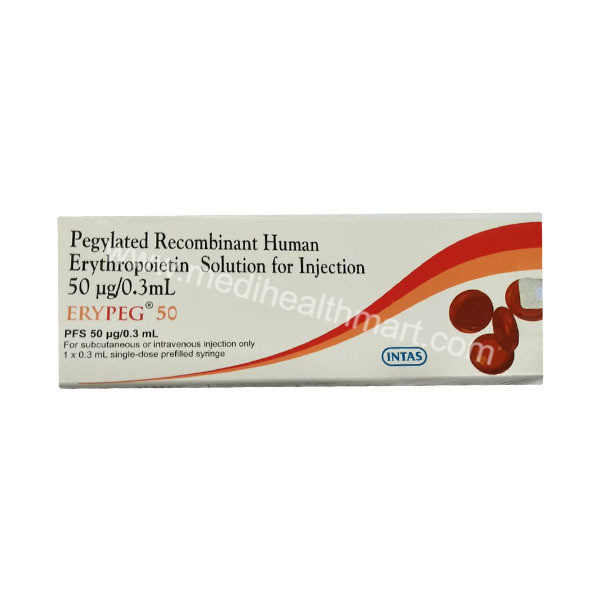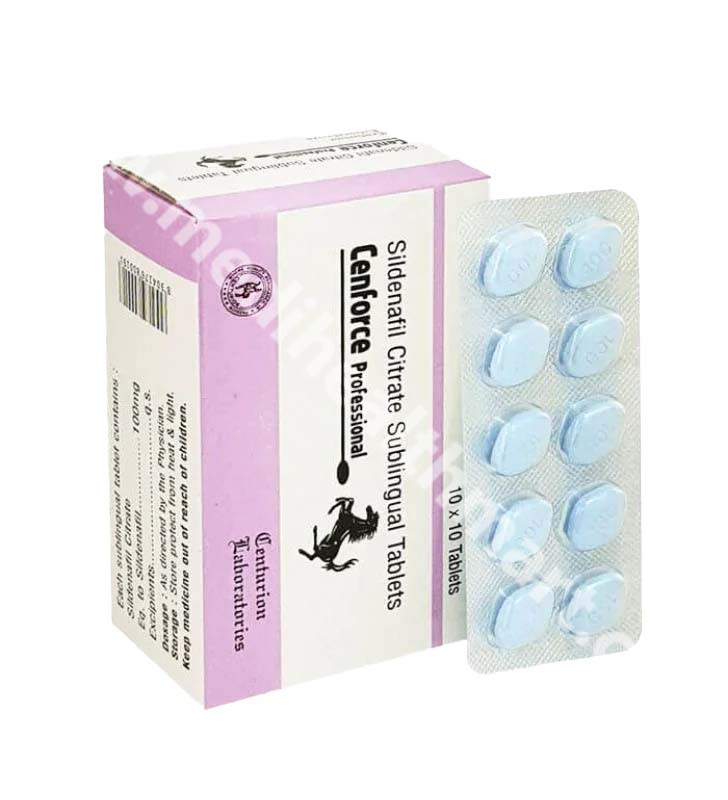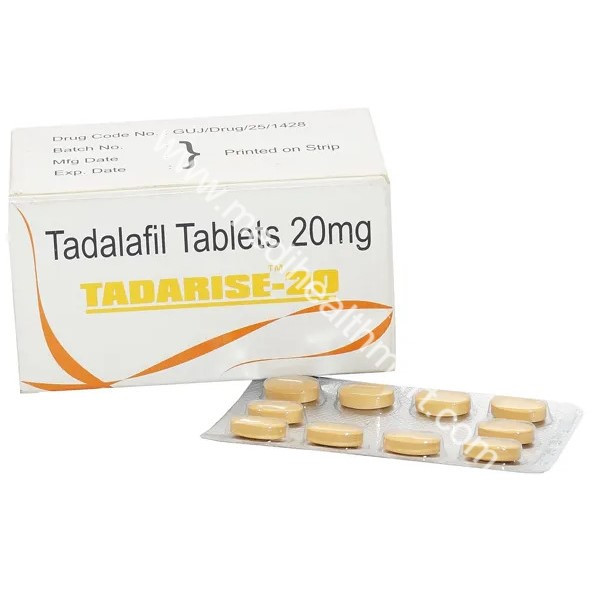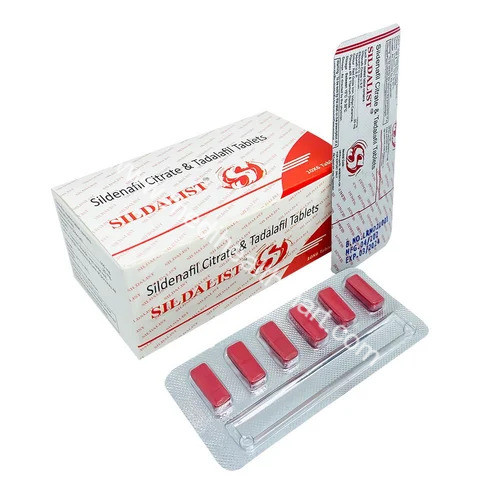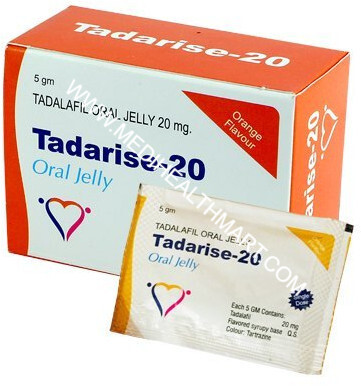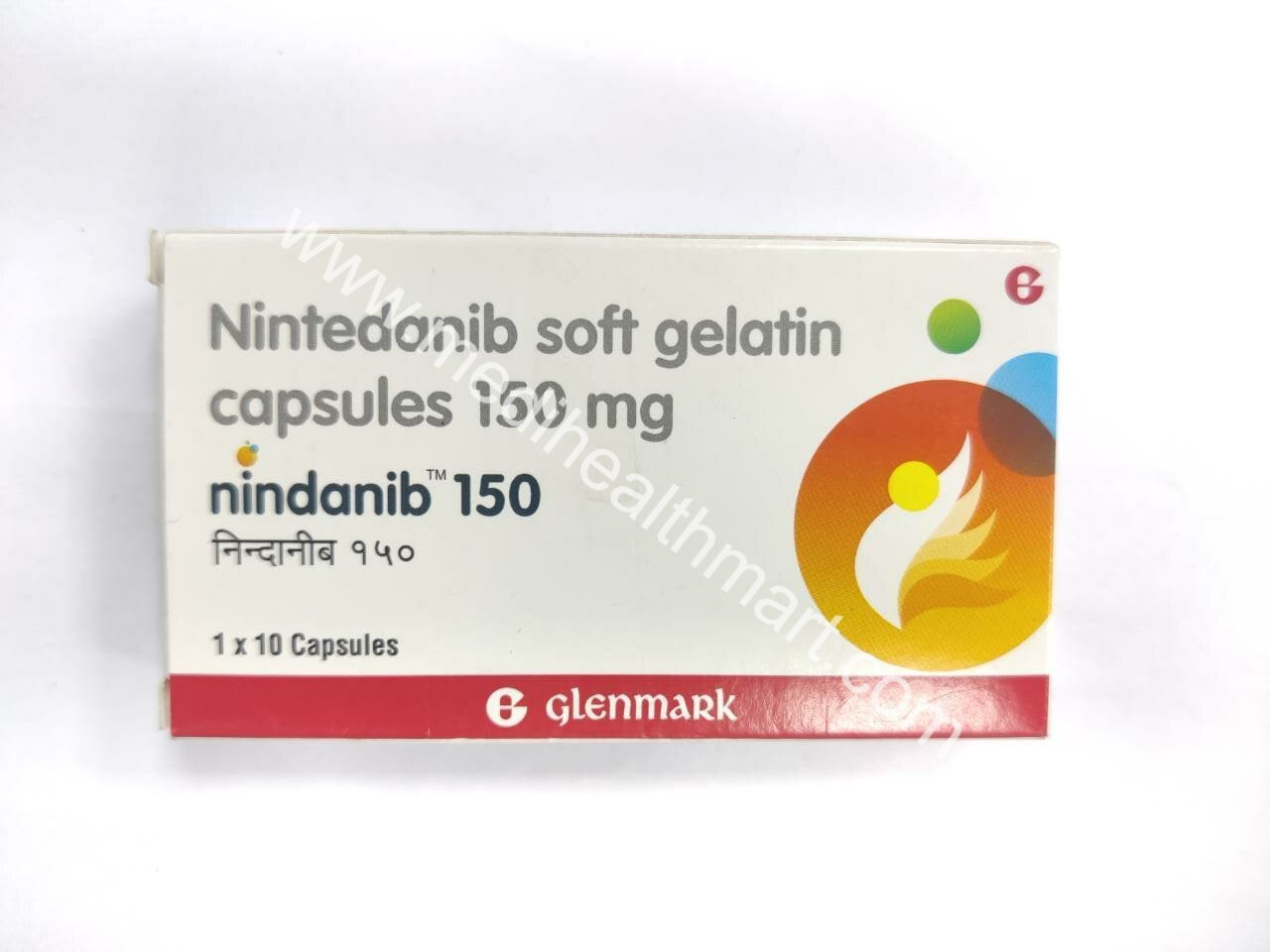Erypeg 50 mcg is a pegylated erythropoietin (PEG-EPO) injection used to treat anemia, particularly in patients with chronic kidney disease (CKD) and those undergoing chemotherapy for cancer. It belongs to the class of erythropoiesis-stimulating agents (ESAs), which work by stimulating the bone marrow to produce more red blood cells, thereby correcting anemia and improving oxygen delivery in the body.
The pegylation of erythropoietin extends the drug’s half-life, allowing for less frequent dosing compared to conventional erythropoietins like epoetin alfa. This improves patient convenience and compliance, especially in long-term treatments.
Uses of Erypeg
✅ Anemia in Chronic Kidney Disease (CKD) — Corrects anemia in both dialysis and non-dialysis patients.
✅ Anemia due to Chemotherapy — Reduces the need for blood transfusions in cancer patients receiving chemotherapy.
✅ Anemia in HIV-infected Patients — Off-label use in some cases to correct anemia related to antiretroviral therapy or zidovudine treatment.
Key Benefits
-
Long-acting formulation: Requires fewer injections (once every 2–4 weeks) compared to short-acting erythropoietins.
-
Reduces need for blood transfusions: Helps patients avoid transfusion-related risks.
-
Improves quality of life: Alleviates symptoms of anemia like fatigue, weakness, and breathlessness.
-
Effective in multiple patient groups: Useful in CKD patients, chemotherapy patients, and select other populations.
Dosage & Administration
-
Typical Starting Dose:
For CKD anemia — 0.6 mcg/kg body weight once every 2 weeks (may be adjusted based on hemoglobin response).
For chemotherapy-induced anemia — 0.6 mcg/kg every 3–4 weeks. -
Route: Administered subcutaneously (under the skin) or intravenously under medical supervision.
-
Monitoring: Regular monitoring of hemoglobin levels, iron status, and blood pressure is essential to avoid overcorrection and potential complications.
Side Effects
-
Hypertension (high blood pressure)
-
Headache, joint pain
-
Injection site reactions (redness, swelling)
-
Nausea, vomiting
-
Rare: Pure red cell aplasia (PRCA)











